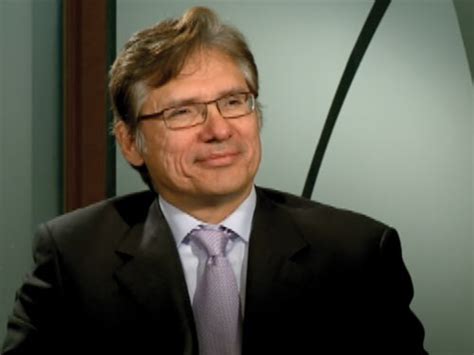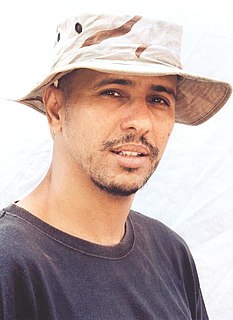A Quote by Ban Ki-moon
From the Balkans to Africa, from Asia to the Middle East, we have witnessed the weakening or absence of effective governance leading to the ravaging of human rights and the abandonment of longstanding humanitarian principles. We need competent and responsible states to meet the needs of "we the peoples" for whom the UN was created. And the world's peoples will not be fully served unless peace, development and human rights, the three pillars of the UN, are advanced together with equal vigour.
Quote Topics
Abandonment
Absence
Advanced
Africa
Asia
Balkans
Competent
Created
Development
East
Effective
Equal
Fully
Governance
Human
Human Rights
Humanitarian
Leading
Meet
Middle
Middle East
Need
Needs
Peace
Pillars
Principles
Responsible
Rights
Served
States
Three
Together
Unless
Weakening
Whom
Will
Witnessed
World
Related Quotes
I want to stress again that human rights are not peripheral to the foreign policy of the United States. Our pursuit of human rights is part of a broad effort to use our great power and our tremendous influence in the service of creating a better world, a world in which human beings can live in peace, in freedom, and with their basic needs adequately met.
We all need to work together, because there are no jobs on a dead planet; there is no equity without rights to decent work and social protection, no social justice without a shift in governance and ambition, and, ultimately, no peace for the peoples of the world without the guarantees of sustainability.
Good, healthy democratic societies are built on three pillars: there's peace and stability, economic development, and respect for rule of law and human rights. But often, we take stability - peace in terms of security and economic activity - to mean a country is doing well. We forget the third and important pillar of rule of law and respect for human rights, because no country can long remain prosperous without that third pillar.
We cannot allow some people to be left at the back of the human rights bus... We must ensure the rights of individual groups or people -be they indigenous peoples, or peoples of Asian or African or American descent, or Jews or Muslims- are not sacrificed on an altar of progress for some while there are setbacks to others.
Human rights education is much more than a lesson in schools or a theme for a day; it is a process to equip people with the tools they need to live lives of security and dignity. On this International Human Rights Day, let us continue to work together to develop and nurture in future generations a culture of human rights, to promote freedom, security and peace in all nations.
We are enjoying in Africa what I call the democracy dividend. The progress we are seeing, economic development are all part of the dividend of good governance, respect for human rights, rule of law. It has created an enabling environment that allows not only foreigners to come in and invest but for Ghanaians to invest. It has created an atmosphere for our young people to be creative, innovative
The United Nations exists not merely to preserve the peace but also to make change - even radical change - possible without violent upheaval. The United Nations has no vested interest in the status quo. It seeks a more secure world, a better world, a world of progress for all peoples. In the dynamic world society which is the objective of the United Nations, all peoples must have equality and equal rights.
Look, you are interested in trying to make sure that governments keep a clean environment, have regard for the lifestyles of indigenous peoples, and work for fair trade rules. Well, it's exactly the same for human rights - from non-discrimination to the basic rights to food, safe water, education and health care. We are talking rights not needs. There are standards that governments have signed up to - but nobody is holding them to account.
When it comes to the common rights and needs of men and women, there is no clash of civilizations. The requirements of freedom apply fully to Africa and Latin America and the entire Islamic world. The peoples of the Islamic nations want and deserve the same freedoms and opportunities as people in every nation. And their governments should listen to their hopes.






































